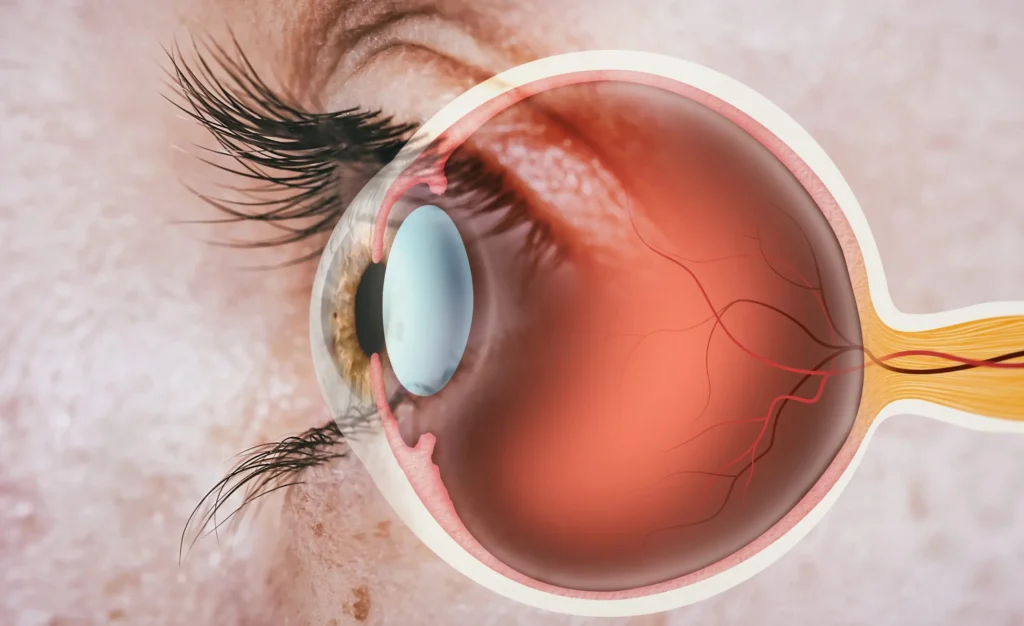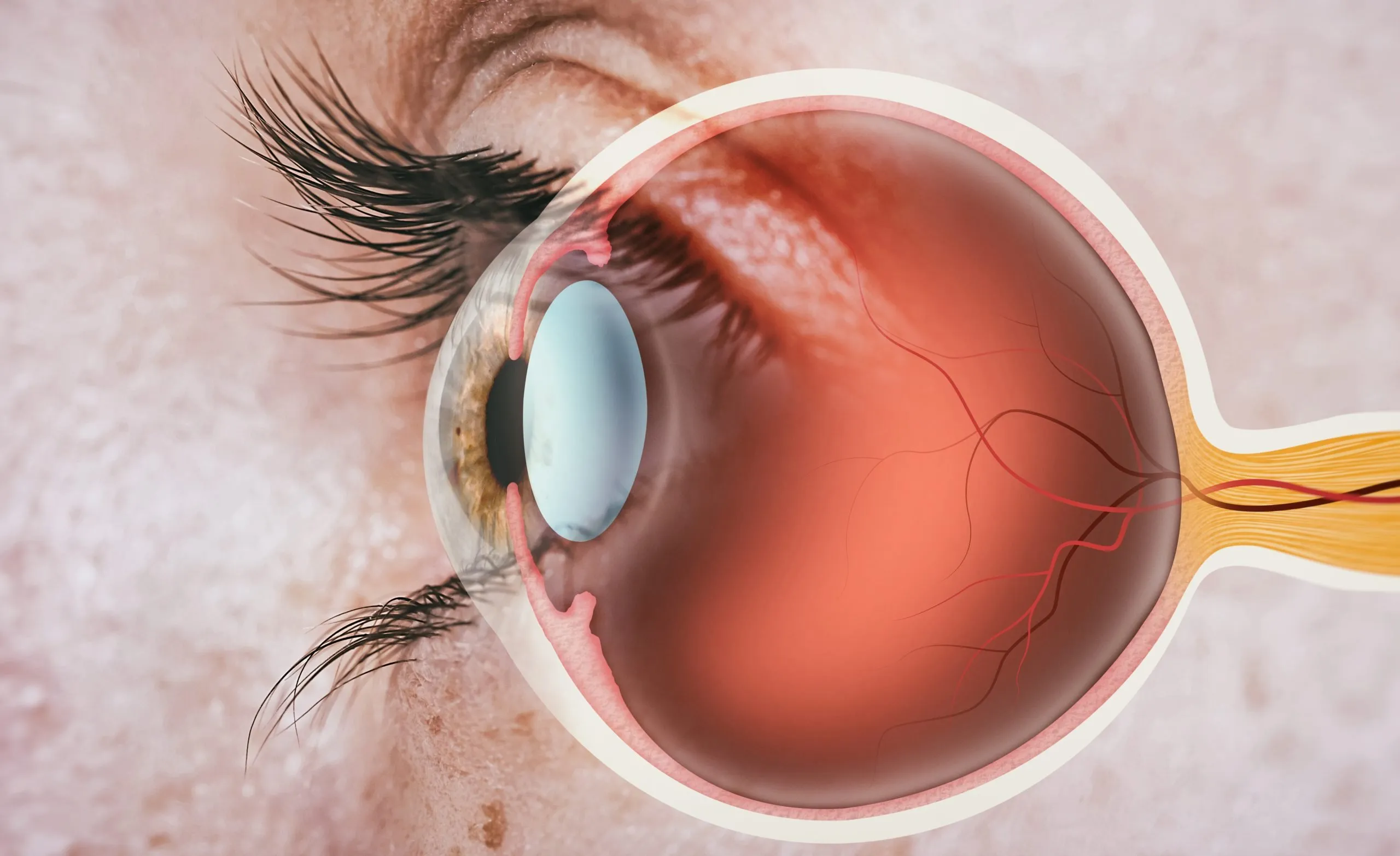Vitreoretinal treatment in Andheri
Vitreoretinal treatment in Andheri

The eyes are the windows to the soul,” goes the old saying, and rightly so. Our eyes not only connect us to the world but also play a vital role in shaping how we experience life. Retinal issues can lead to severe discomfort, impaired vision, and significant disruption in daily activities. This is where Dr. Jignesh Gala steps in, offering a solution to safeguard and restore vision with vitreoretinal treatment in Andheri.
Dr. Jignesh Gala, a trusted vitreo retinal specialist and founder of Crystal Clear Eye Clinic, emphasizes:
The retina is crucial for vision. Issues affecting it can range from mild discomfort to severe vision loss if not treated on time. Our clinic combines expertise with cutting-edge technology to provide personalized and effective care for every patient.
What is Vitreoretinal Treatment?
Vitreoretinal treatment refers to medical and surgical procedures targeting the retina and vitreous, the clear gel that fills the eye. These treatments address various conditions, including retinal detachment, macular degeneration, and diabetic retinopathy.
According to Dr. Jignesh Gala, an eminent vitreoretinal specialist in Andheri:

“Many people assume retinal conditions only occur with age, but factors like diabetes, trauma, or even genetics can lead to complications. Understanding these treatments is key to early intervention, which significantly improves outcomes. Modern techniques, including minimally invasive vitreoretinal surgery,have made treatment safer and more effective.”
Get in touch with our expert
Conditions We Treat in Vitreoretinal Care
Why Choose Crystal Clear Eye Clinic?
- State-of-the-art diagnostic and surgical equipment
- Expert care from a renowned vitreo retinal surgeon
- Customized treatment plans for every patient
- Minimally invasive vitreoretinal surgery options
- Compassionate and patient-centered approach
- High success rates in complex retinal surgeries
- Comfortable clinic environment ensuring a stress-free experience
- Continuous follow-up and post-treatment care

The Treatment Process
- Consultation: A thorough examination using advanced imaging tools to assess retinal health.
- Diagnosis: A detailed discussion of the findings and a personalized treatment plan.
- Pre-Treatment Preparation: Guidance on what to expect and pre-treatment instructions.
- Treatment/Surgery: Utilizing cutting-edge techniques to ensure precision and safety.
- Post-Treatment Care: Comprehensive follow-ups to monitor progress and ensure optimal recovery.
Get in touch with our expert
FAQ's
Blurred vision, floaters, flashes of light, or a shadow over your vision are common symptoms. Prompt diagnosis is essential to prevent worsening.
Depending on the severity of the condition, treatments range from laser therapy to injections and surgery. A specialist's evaluation determines the best course of action.
Retinal surgeries are performed under anesthesia, ensuring minimal discomfort. Post-surgery, you can manage mild pain or irritation with prescribed medications.
Depending on the procedure, recovery typically takes a few weeks to a few months. Follow-up care and adherence to instructions ensure optimal healing.
Intravitreal injections deliver medication directly into the eye, treating conditions like macular degeneration. They are safe when administered by an experienced specialist.
